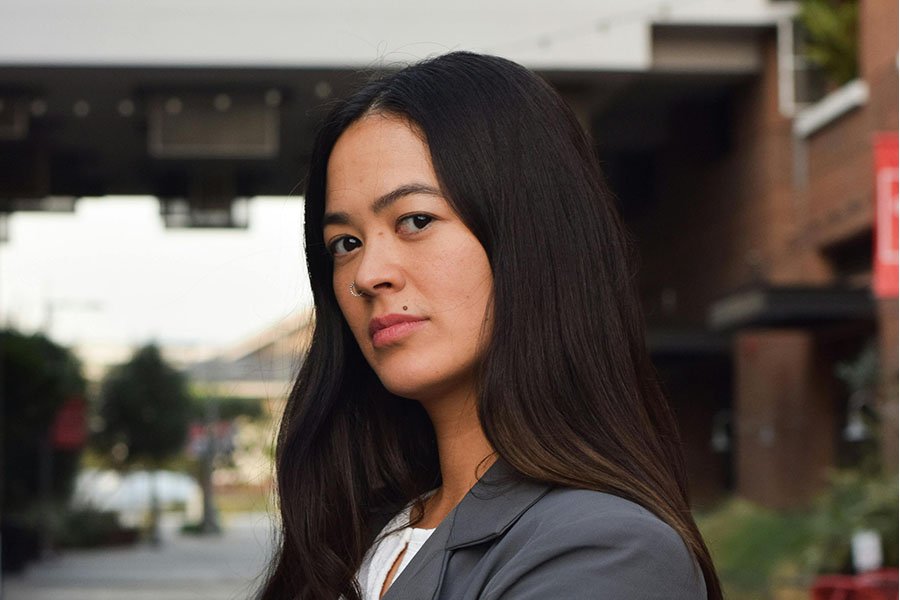Your English job interview is a moment above others where clear communication is vital. You need the interviewer to fully understand your abilities and experiences, so they can picture you as the successful candidate. To make that happen, you need to keep your English as correct as possible.
That might sound like an intimidating task, but there’s a simple trick that makes it easier: focus on the verb tense you’re using. Most of an interview is spent telling stories (past tense), talking about your daily tasks (present tense), and sharing your professional goals (future tense). If you can get this part of English right, you are on track to crystal-clear communication.
With that in mind, let’s prepare the 5 tenses you need for your English job interview!
 Tense 1: Simple present
Tense 1: Simple present
Let’s start with the simple stuff – and the present simple tense! This is the best tense for describing the daily tasks of your current job. For example:
- I manage a team of 10 people.
- I review the schedule.
- I support my colleagues.
Got it? The simple present tense is for fixed, routine habits in your job. If you’d like more examples, check out this video about daily work tasks in English.
 Tense 2: I am + ing
Tense 2: I am + ing
How do you describe a specific task or project you’re currently involved in at the job you have right now?
Here’s how: say I am, and then an action with ing.
For example:
- At the moment, I am working on a new campaign.
Notice this tense isn’t for explaining your general, everyday responsibilities. Instead, use this tense to tell the interviewer about specific tasks you’re doing right now.
“I was working on a major project when the pandemic started. “
 Tense 3: I have + action
Tense 3: I have + action
In your English job interview, it’s likely that you will discuss ongoing roles and achievements that began in the past and continue today. For example:
I have worked as a Marketing Specialist since 2022.
To create this type of sentence, say I have and then add an action (normally with ed at the end). Like this:
I have worked
There are plenty of irregulars though, so watch out! (e.g. “done”, “been”, “become”, “given”).
Last tip! Avoid using this tense with finished time periods like “last year”. Instead, use open time periods like “this year” or “today.”

 Tense 4: Simple past
Tense 4: Simple past
Use this tense to describe finished events in the past. In the case of your English job interview, that will probably be your past work experiences and achievements. For example:
I designed digital marketing campaigns
To create this type of sentence for your job interview in English, it’s common to put ed at the end of the action, and that’s all. (E.g. “designed).
But watch out for those irregulars! For an English job interview, useful past irregulars to remember are “built”, “led”, “spent”.
 Tense 5: I was + ing
Tense 5: I was + ing
Here’s a quick tip for explaining experiences during your English job interview. At the beginning of your story, use the tense I was plus an action with ing to create some background context. For example:
I was working on a major project when the pandemic started.
We have the background situation, and then – bam! You introduce the main event with the simple past (“…when the pandemic started“).
English Job Interview: Goals & Predictions
Career Goals
During your English job interview, you’ll no doubt talk about your career aspirations for the future. In English, we often use phrases in the present tense to do this, like:
- I plan to…
- My goal is to…
Future predictions
You might also make predictions about your industry in the future. In that case, use phrases like “I think” then “will”, then an action (no –ing!). For example:
- I think customer expectations will grow.
Speaking of the future, you should now feel better prepared for your English job interview! Remember that preparation is the safest way to a successful experience. If you want to practice for your interview, check out one-to-one sessions at Talktips. And good luck with your English job interview!










